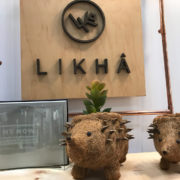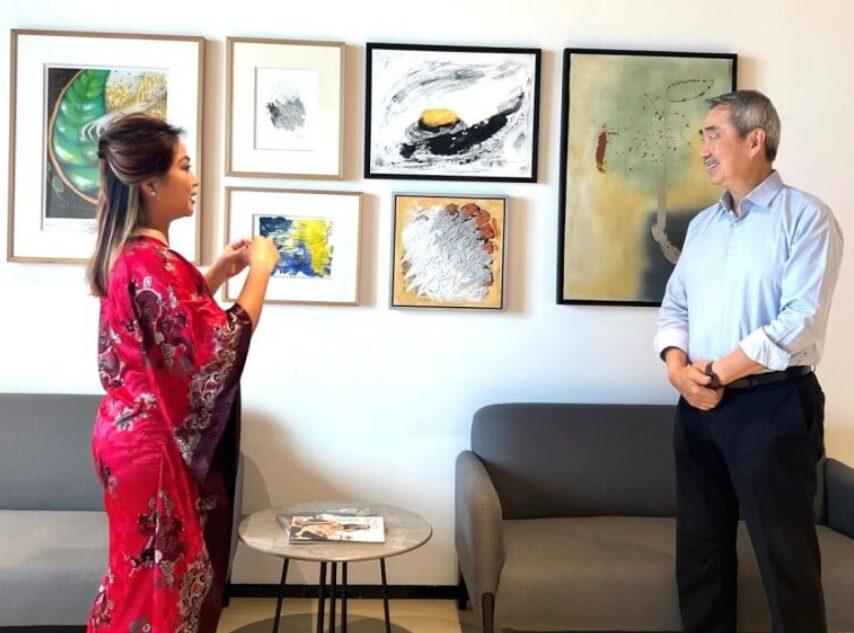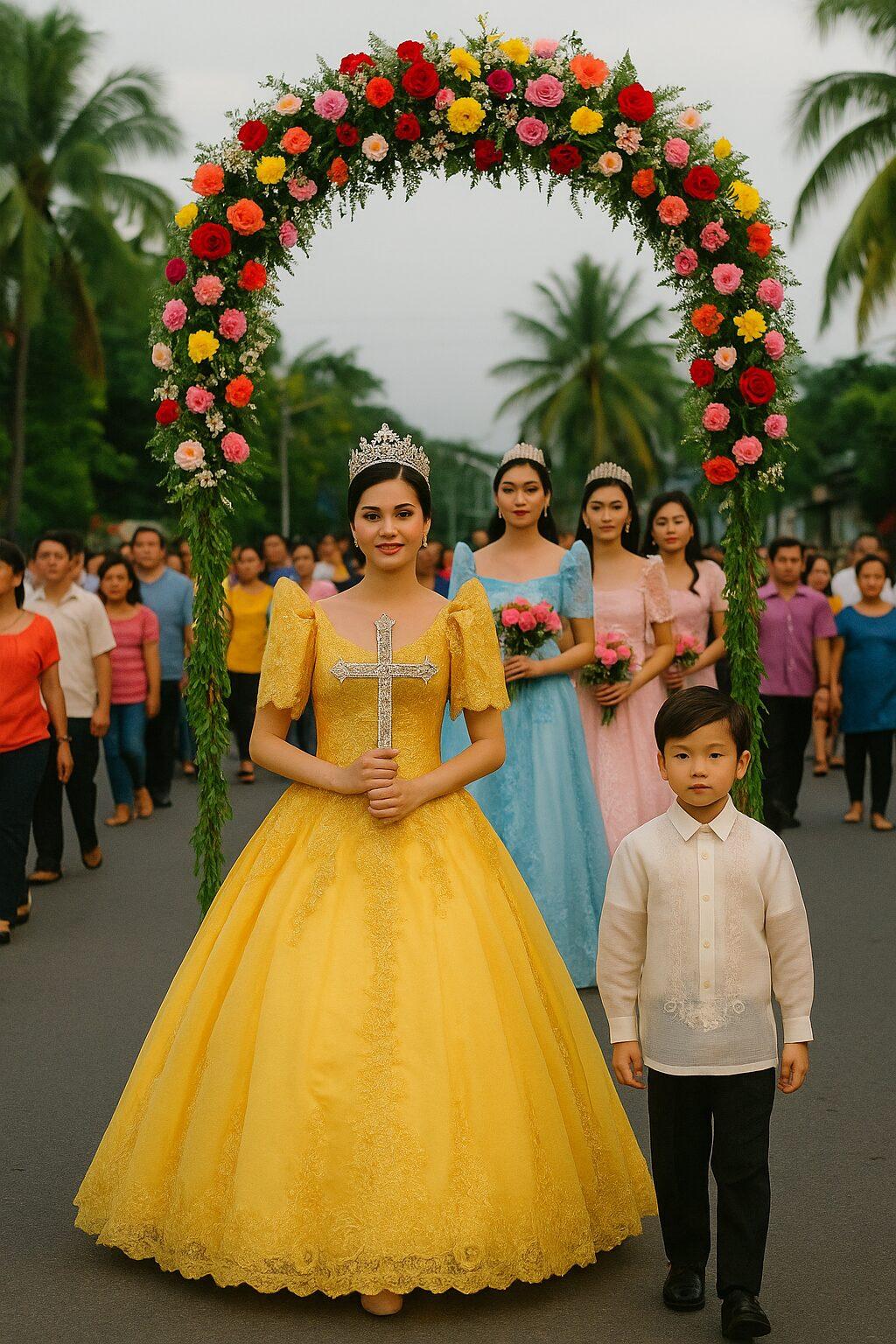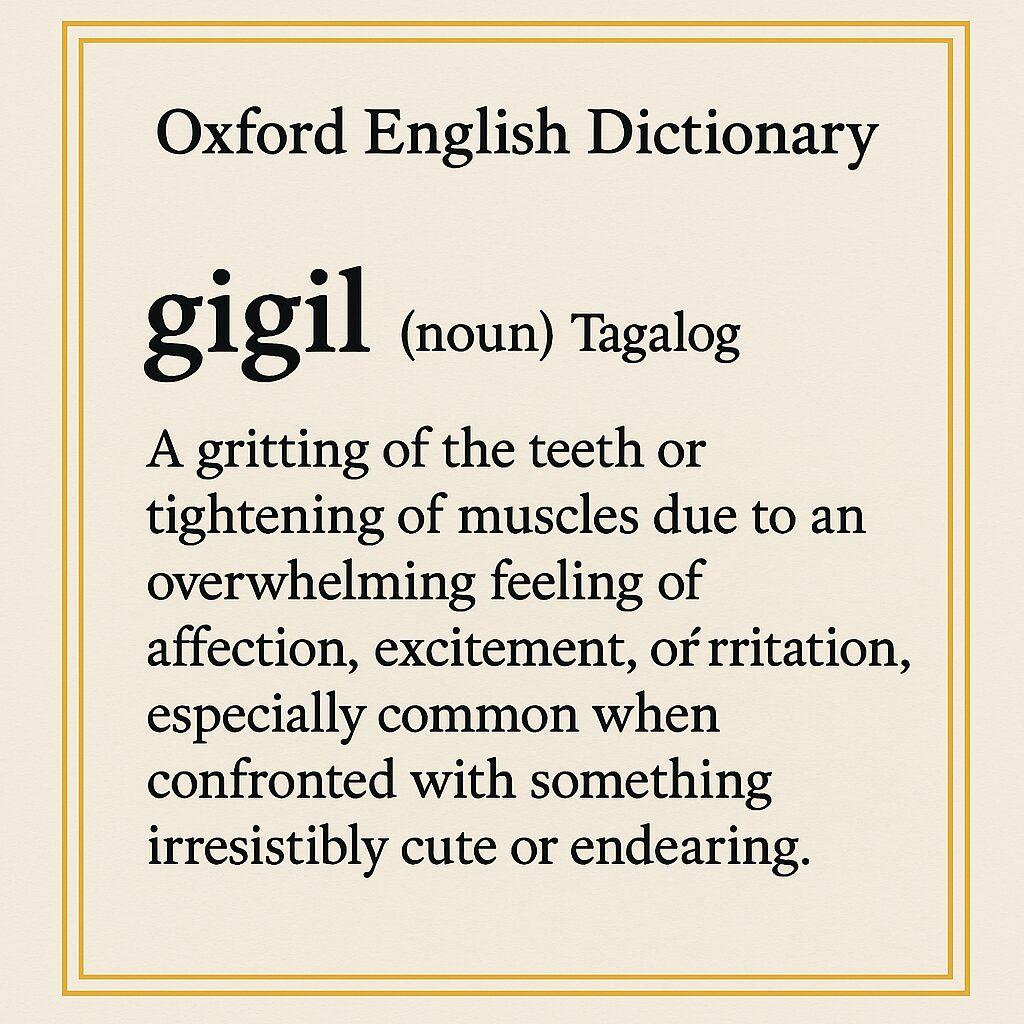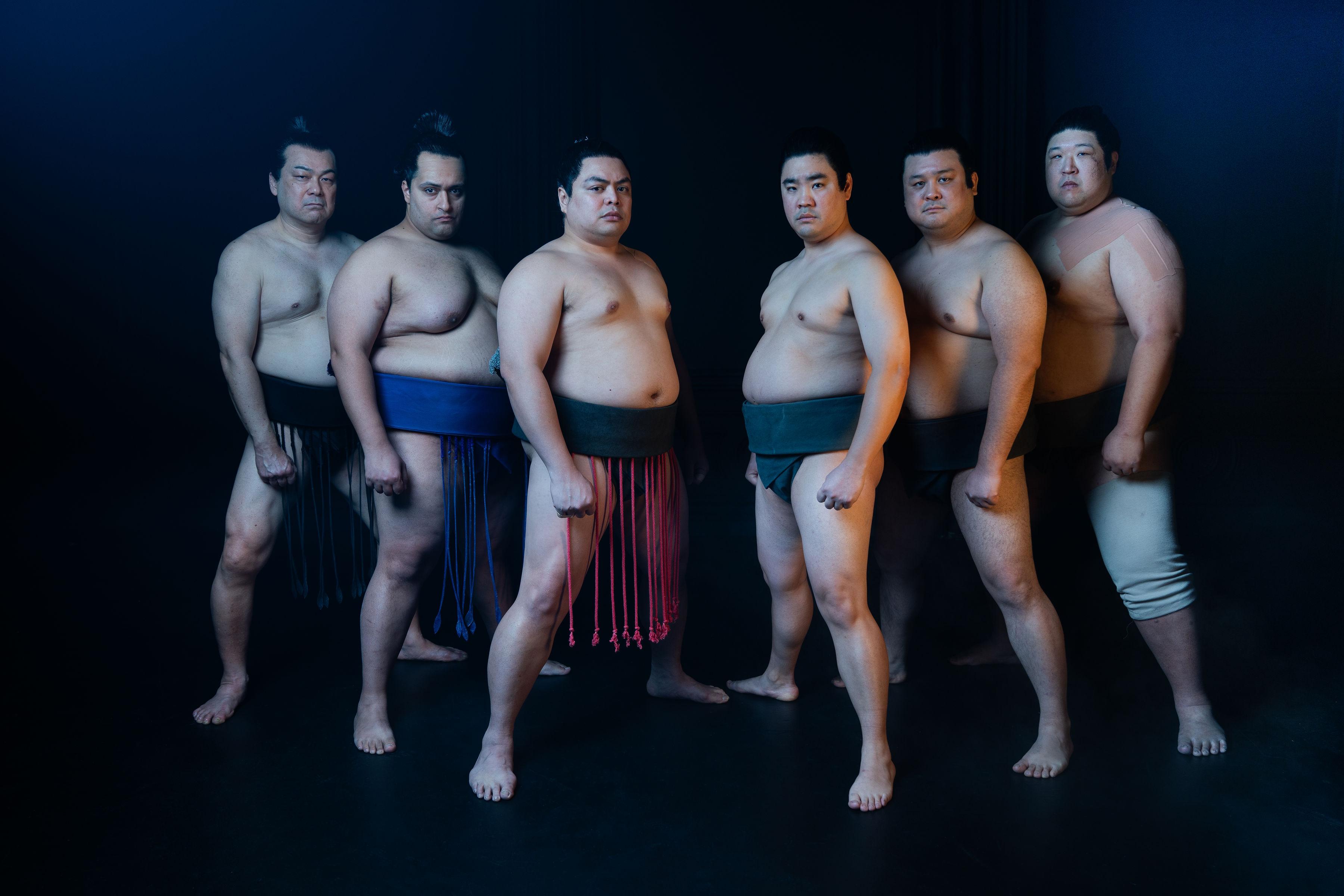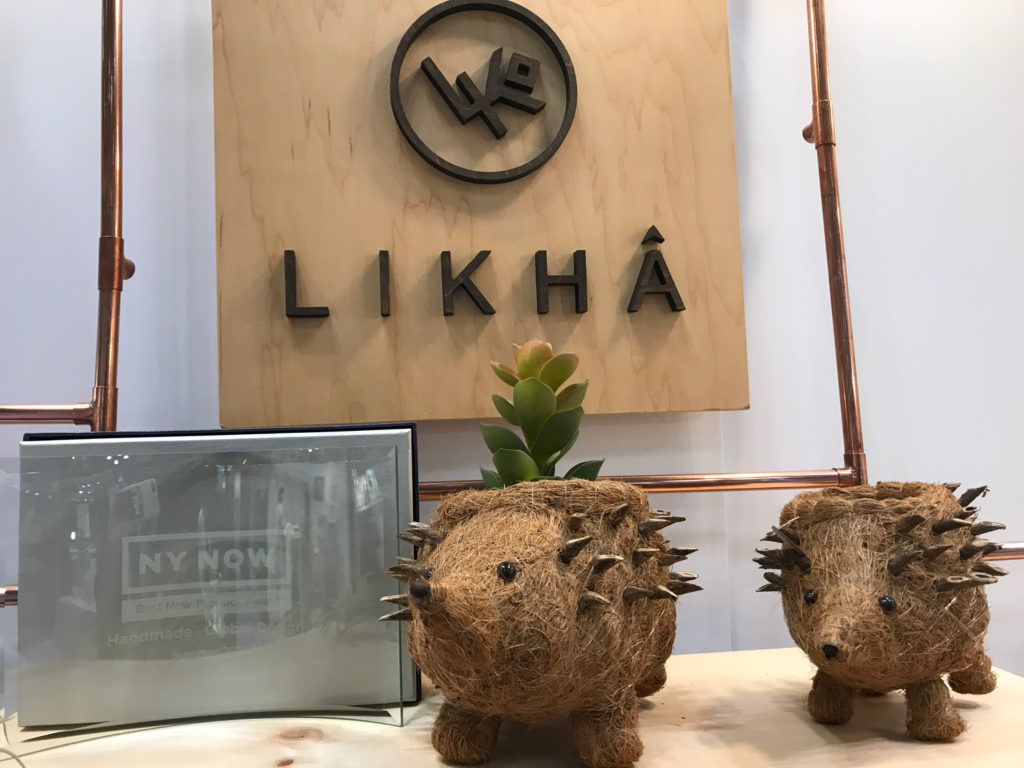
“We have to let the world know that we make beautiful and extraordinary products,” exclaimed Nathalie Lim when I asked her about her company Likha, which made its debut at last summer’s NY NOW, the premier retail market trade show in the United States.
Headquartered in California, Lim and her husband Patrick started the company last year.
Call it beginner’s luck: Likha won as Best New Product (Handmade Global Design) for Hector, the Hedgehog, an eco-friendly and upcycled planter, one of the many artisan products they showcased for the trade show.
Likha offers a variety of products from home décor to fashion accessories crafted from natural, eco-friendly materials including natural straw and plant fiber, coco coir, sustainably-sourced shells, and recycled wood. Some of these items are often repurposed by-products of the food/agricultural sector.
The couple travels to the Philippines once or twice a year to meet with partners for sourcing and look for communities who make the products. Currently, they are working with seven different artisan groups from Bulacan to Iloilo to Cebu, each with craft specific to culture, methods, and materials native to their region.
In order to make it, Lim noticed that the products should have that delicate mix of blending centuries-old tradition with modern aesthetic, which is why their products created by the artisans are hand-made and they are rooted deeply within Filipino tradition, yet their looks are sometimes contemporary, sometimes whimsy.
“We try to infuse that minimalist, modern look on our products but are done in a traditional manner,” Lim revealed.
At the NY NOW show, they brought in more than 50 items, including planters, mother-of-pearl coasters, wooden jewelry, hand-woven palm clutches and tabletops.
“Every single product that we offer comes from the Philippines and these are sustainably-sourced, ethically-made pieces,” Lim said. “The goal is to uplift the lives of our artisans who painstakingly make our products by hand and develop their confidence and sense of self-worth.”
“We’ve been getting some good response so far, from art museums, high-end furniture shops and possible vendors and I think we’re targeting the right market,” she added.
Likha has created partnerships with an array of artisans, from large NGOs, which are already fair-trade organizations to farming communities, small family workshops and women groups, just making sure that the products feature a blend of intricate traditional techniques and modern design.
The products depend on the maturity level of the community in terms of design skills. Sometimes they provide their own specific designs and sometimes, they rely on what the artisans come up with.
“We stand on the pillars of design, tradition, and inclusion,” she explained. “And as a social enterprise, we work with communities in the Philippines to bring these beautifully handcrafted pieces into the U.S. market.”
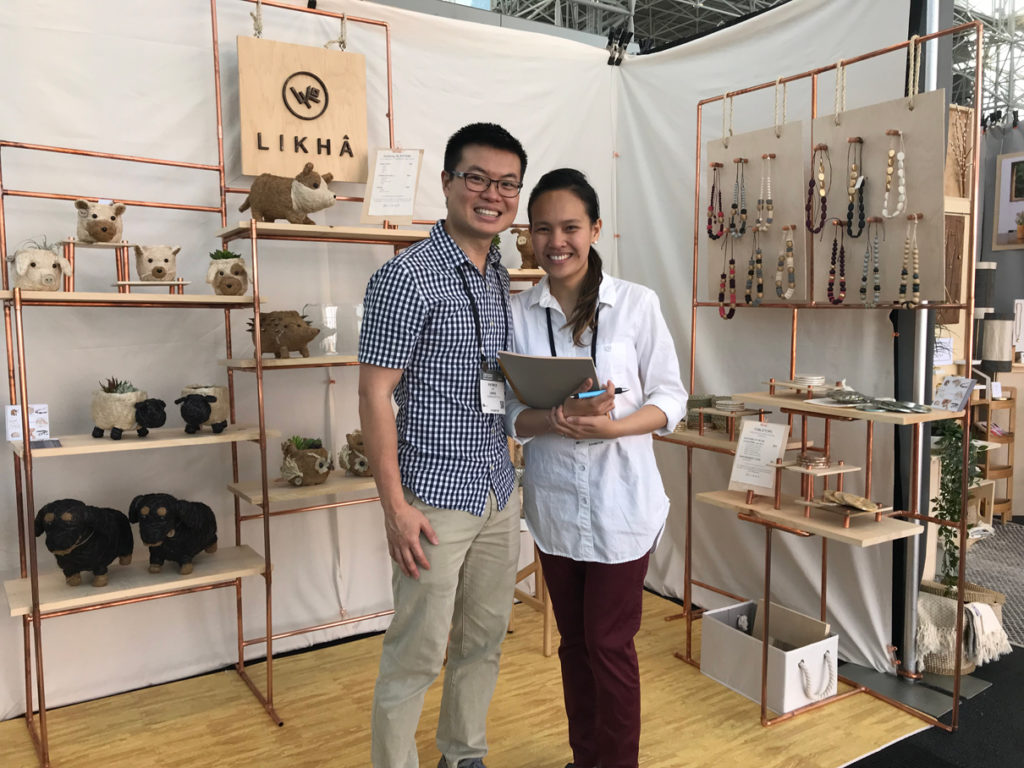
Nathalie and her husband Patrick both used to work in banking and finance. She used to work for Standard Chartered Bank in the Philippines, then left to pursue her masters in international development in the UK.
“I have always been passionate about helping the local communities and that’s why we’re trying to come up with a sustainable social impact model where we can reinvest part of the profits back into the community,” Lim said.
This reinvestment may come in the form of training, education and financial literacy for the artisans and workers. “It’s still a long way to go but we’re getting there,” Lim quipped.
Likha has also partnered with almost 50 retailers across the United States, Australia, and Japan, have participated in heavily curated craft shows such as the Renegade Craft Fair, and have collaborated with brands such as West Elm, Pottery Barn, Williams Sonoma and Anthropologie in California to make sure that their products are out there.
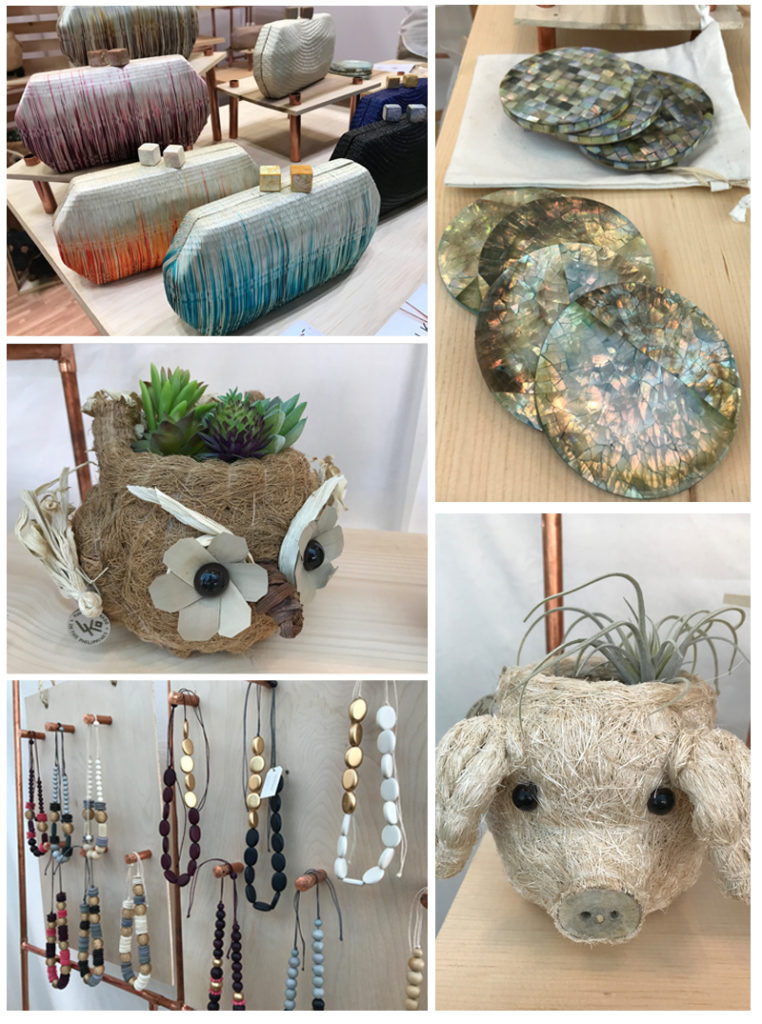
Coco coir
Among Likha’s products are planters made of sustainably-sourced coco coir, the fiber from the outer husk of the coconut and is often used for making ropes and matting. These planters come in a variety of designs including dachshund, corgi, hedgehog, pig, whale, hippo, sheep, bunny, frog, owl, pig, bear, dog and cat.
Each planter is crafted by hand using biodegradable, renewable and eco-friendly coconut fiber. An agricultural byproduct of the area’s coconut trade, coco coir turns out to be amazing for plants since it is durable, rot-resistant, and lightweight, and it lets air in and retains just the right amount of moisture.
In a blog post on their website, Nathalie shared that they had the privilege of meeting the fair trade community that makes the coco coir planters when they visited the Philippines and they were amazed.
“As we watched the weavers expertly winding and wrapping the coir in swift, smooth motions, one thing was missing: there were no molds or templates. They were doing it all from memory!” Lim recalled. “Like children watching a master sculptor, we stood in awe as they turned twig wireframe basket into [an] amorphous brown ball and gradually into hedgehog or pig or sheep. Between that and listening to their enriching stories about farm life, respect for nature, and family, it was surreal.”
What does this mean to the buyer? Since these planters are individually crafted by artisans without the use of molds, and are entirely produced from memory, no two planters will be exactly identical to one another.
The collection of planters includes various animals with matching monikers to grant each of them their own unique and individual flair.
There’s Benji the Tiny Bear, Carlo the Corgi, Dara the Dachshund and Olivia the Owl joining the OG, award-winning Hector the Hedgehog. Likha also unveiled new designs, which include Valena the Blue Whale, Blanca the Bunny, Hugo the Hippo, Figaro the Frog, and smaller versions of some of the classic designs. These planters come in different sizes, and they can fit a variety of different plants such as succulents, bulbs, air plants, ferns, flowers, more.
When you buy from LIKHA, you support Philippine artisans and their families.
“Our goal is to provide sustainable jobs for communities in the Philippines through the purchase of their handcrafted goods. When our partner artisans make their own income, they spend it on their children’s education and healthier food for their families. Every day we are motivated to support the people we work with,” Lim said.
“Our makers are spread across the country. We aim to provide more than just livelihood – through our partnership with local artisans, we hope to help uplift their status, and uphold their dignity,” Lim concluded.


